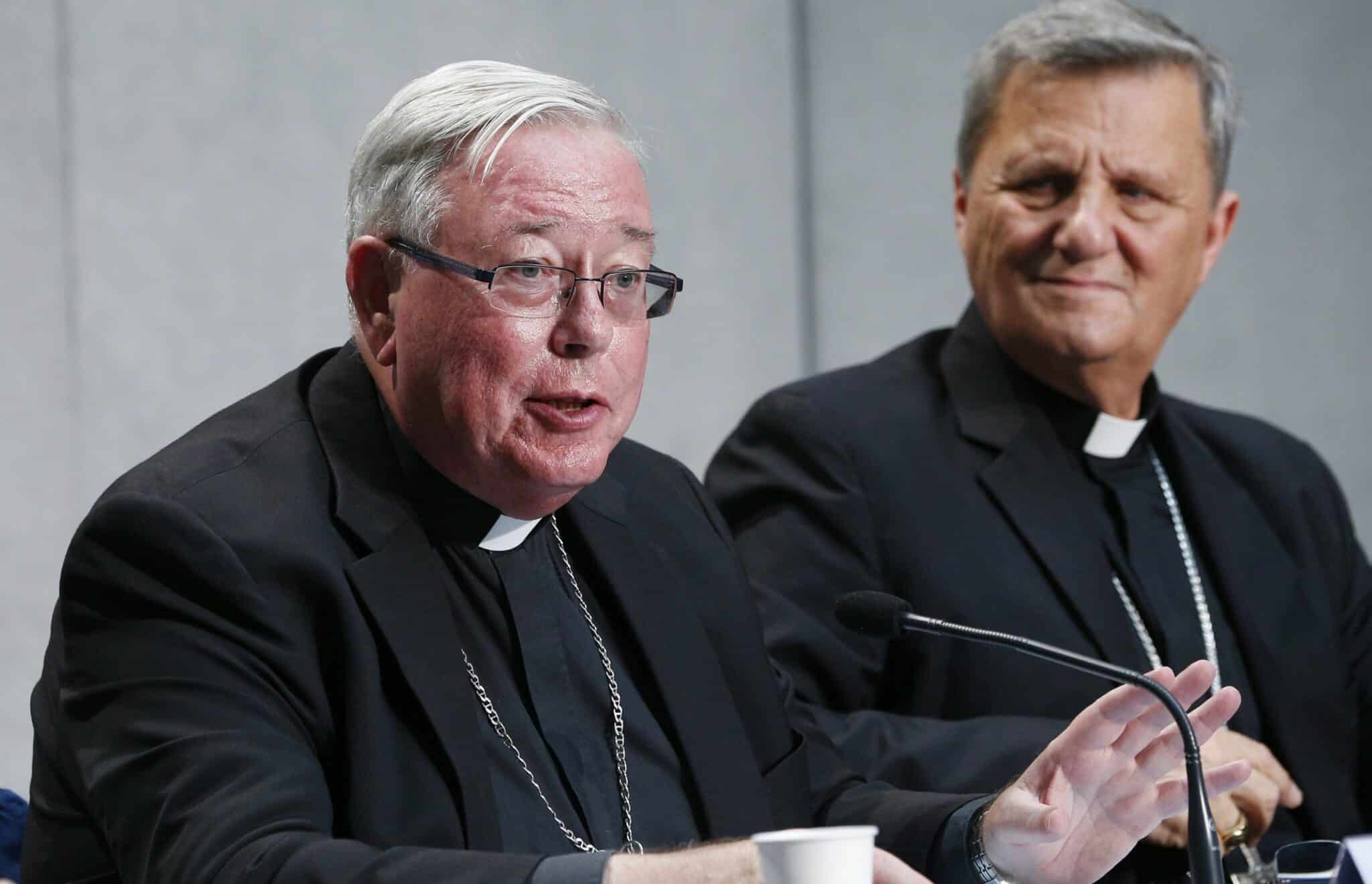
Dear Father, I understand a European Cardinal has said that the question of women priests might be revisited by the Vatican. I thought this was a closed issue. What is the case?
Cardinal Jean-Claude Hollerich SJ, Archbishop of Luxembourg, did say that the question of women priests might be revisited. The Cardinal, who is relator, or chairperson, of the 2023 and 2024 Synod of Bishops meetings on synodality, and who was recently appointed by Pope Francis to his council of Cardinal advisors, said this in an interview with the Croatian Catholic newspaper Glas Koncila, published on 27 March 2023.
He said: “Pope Francis does not want the ordination of women, and I am completely obedient to that. But people continue to discuss it. It is the Holy Father who has to decide.” He added that “with time” a Pope could go against what John Paul II wrote in Ordinatio Sacerdotalis, saying he is “not sure you could call it” infallible. “But for the moment, if Pope Francis tells me it is not an option, it is not an option.”
To be sure, Pope Francis has emphatically upheld John Paul II’s teaching on a male-only priesthood several times in his pontificate.
Cardinal Hollerich said that a change in the Church’s position on women’s ordination would need the consent of the Orthodox churches, since “we could never do that if it would jeopardise our fraternity with the Orthodox or if it would polarise the unity of our church.” As is well known, the Orthodox churches, like the Catholic Church, have never had women priests.
So, is the Catholic Church’s position definitive or is it open to discussion and possible reversal? It is clearly the former. On 22 May 1994 Pope John Paul II issued the Apostolic Letter Ordinatio sacerdotalis, “on reserving priestly ordination to men alone.”
At the beginning of the document he quoted Pope Paul VI’s 1975 letter to the Archbishop of Canterbury, which summarised the reasons for the Catholic position against the ordination of women:
“These reasons include: the example recorded in the Sacred Scriptures of Christ choosing his Apostles only from among men; the constant practice of the Church, which has imitated Christ in choosing only men; and her living teaching authority which has consistently held that the exclusion of women from the priesthood is in accordance with God’s plan for his Church.”
Because the question had become the subject of debate among theologians, Pope Paul VI directed the Congregation for the Doctrine of the Faith to set forth the teaching of the Catholic Church on the matter, and this it did in the Declaration Inter insigniores, on 15 October 1976. It stated that the Church “does not consider herself authorised to admit women to priestly ordination.”
In 1994 the matter was still considered by some to be open to debate, moving Pope John Paul II to write Ordinatio sacerdotalis. There he stated:
“Wherefore, in order that all doubt may be removed regarding a matter of great importance, a matter which pertains to the Church’s divine constitution itself, in view of my ministry of confirming the brethren (cf. Lk 22:32) I declare that the Church has no authority whatsoever to confer priestly ordination on women and that this judgment is to be definitively held by all the Church’s faithful” (n. 4).
As is obvious, since this teaching is to be held definitively, it does not admit of further change. Since some people questioned whether the statement belonged to the Church’s deposit of faith, a year later the Congregation for the Doctrine of the Faith, under Cardinal Joseph Ratzinger, clarified on 28 October 1995:
“This teaching requires definitive assent, since, founded on the written Word of God, and from the beginning constantly preserved and applied in the Tradition of the Church, it has been set forth infallibly by the ordinary and universal Magisterium. Thus, in the present circumstances, the Roman Pontiff, exercising his proper office of confirming the brethren (cf. Lk 22:32), has handed on this same teaching by a formal declaration, explicitly stating what is to be held always, everywhere, and by all, as belonging to the deposit of the faith.”
This could not be more clear. The statement of Pope John Paul II is an infallible, definitive, teaching and so the matter is no longer open to discussion.
